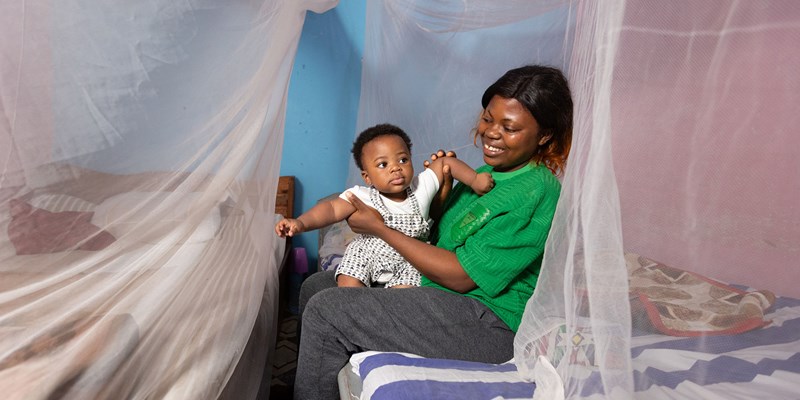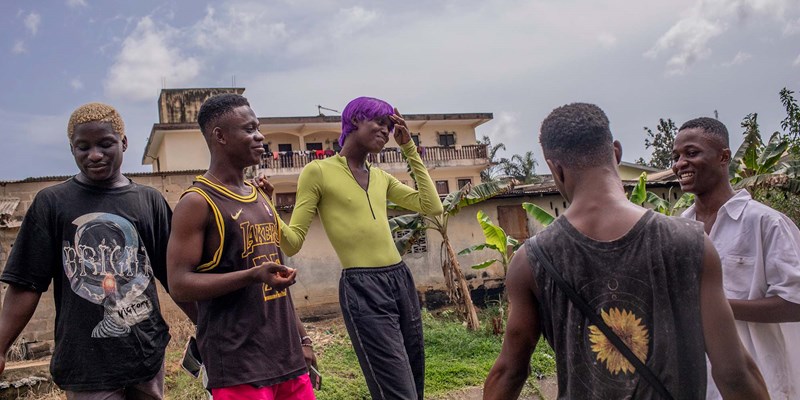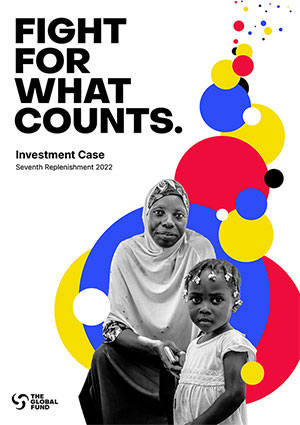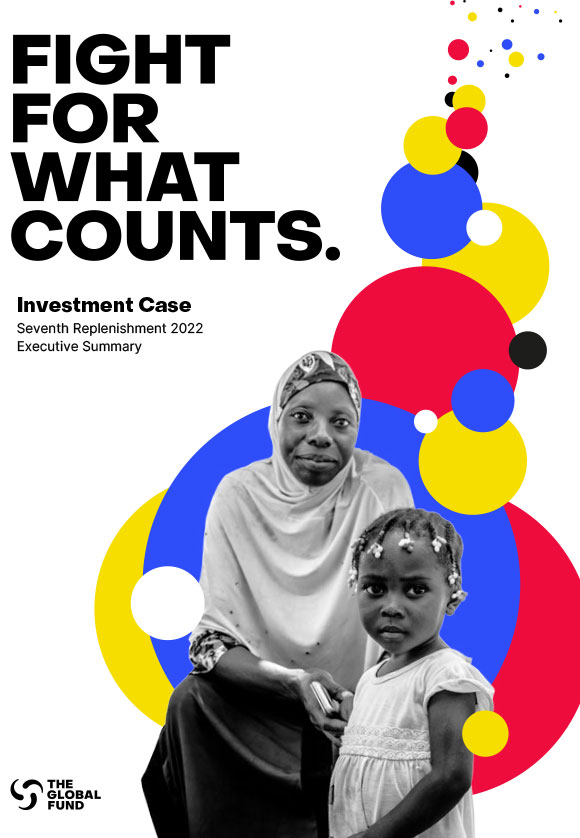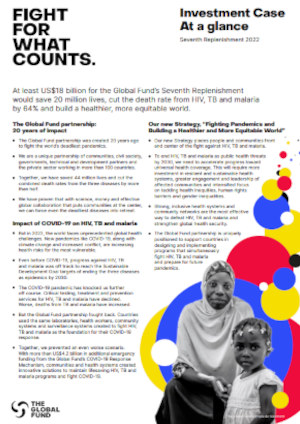The Global Fund to Spend 70% of Its Funding in Most Climate-vulnerable Countries
02 December 2023
Dubai/Geneva – The Global Fund to Fight AIDS, Tuberculosis and Malaria (the Global Fund) announced during the World Climate Summit at COP28 in Dubai that more than 70% of its funding – over US$9 billion over the next three years – will be spent in the 50 most climate-vulnerable countries to support health programs that must also cope with the climate crisis.
“Fighting deadly infectious diseases must go hand-in-hand with responding to climate change,” said Peter Sands, Executive Director of the Global Fund. “The climate crisis disproportionately affects low- and middle-income countries with high disease burdens, weak health systems, and fragile political or conflict contexts, putting communities – who have contributed the least to global carbon emissions – at the most risk.”
Of the three diseases at the core of the Global Fund’s mission, malaria is the most affected by climate change. Eighty-seven percent of the global malaria burden and Global Fund resources are focused in the same 50 most vulnerable countries. Climate change, in addition to drug- and insecticide-resistance and conflict, poses an urgent threat to malaria control and elimination efforts.
Climate change also jeopardizes the fight against HIV and TB. Its impact on food security, as well as extreme weather events, are driving population displacement, which increases communities’ vulnerability to disease. Floods, cyclones and other climate disasters interrupt access to healthcare.
The Global Fund provides rapid, flexible emergency support to countries on the frontline of climate disasters. It will also invest over US$2.9 billion over the next three years in the 50 most climate vulnerable countries to strengthen health systems to be more climate-resilient and better prepared for pandemic threats.
Given the intersection of vulnerability to disease with the worst impacts of climate change, the Global Fund will support countries across its programming, from responding to the specific impacts on diseases, like malaria appearing at higher altitudes, to building climate-resilient health systems, including, for example, digitalizing health records so they cannot be washed away by cyclones or floods. Over the next three years this will include funding designed to reduce the risks from climate change, such as;
- At least US$200 million to support seasonal malaria chemoprevention (SMC), which is highly cost-effective in preventing malaria when given before the rainy season. Seasonal strategies like SMC will be important to protect vulnerable populations from malaria in areas where there is variability in seasonal transmission due to changing rainfall and weather patterns driven by climate change.
- Over US$295 million to enhance disease surveillance and early warning systems, allowing better integration of climate data and better detection and management of climate-sensitive disease outbreaks and health emergencies.
- US$12 million for an Emergency Fund that will provide rapid and flexible funding to respond to climate-related emergencies affecting healthcare delivery to key populations and vulnerable communities.
“We have to act to reduce the impacts of climate change: Our lives depend on it,” said Bience Gawanas, Vice-Chair of the Global Fund Board. “Mitigating the rate and scale of climate change is a must, but we also need to address increasing consequences on health now. Those are already falling on the poorest, women and children mostly, and those that have made the least contribution to climate change. COP28 and the Health Day represent a real opportunity for us to recognize and respond to the inequities of the crisis.”
